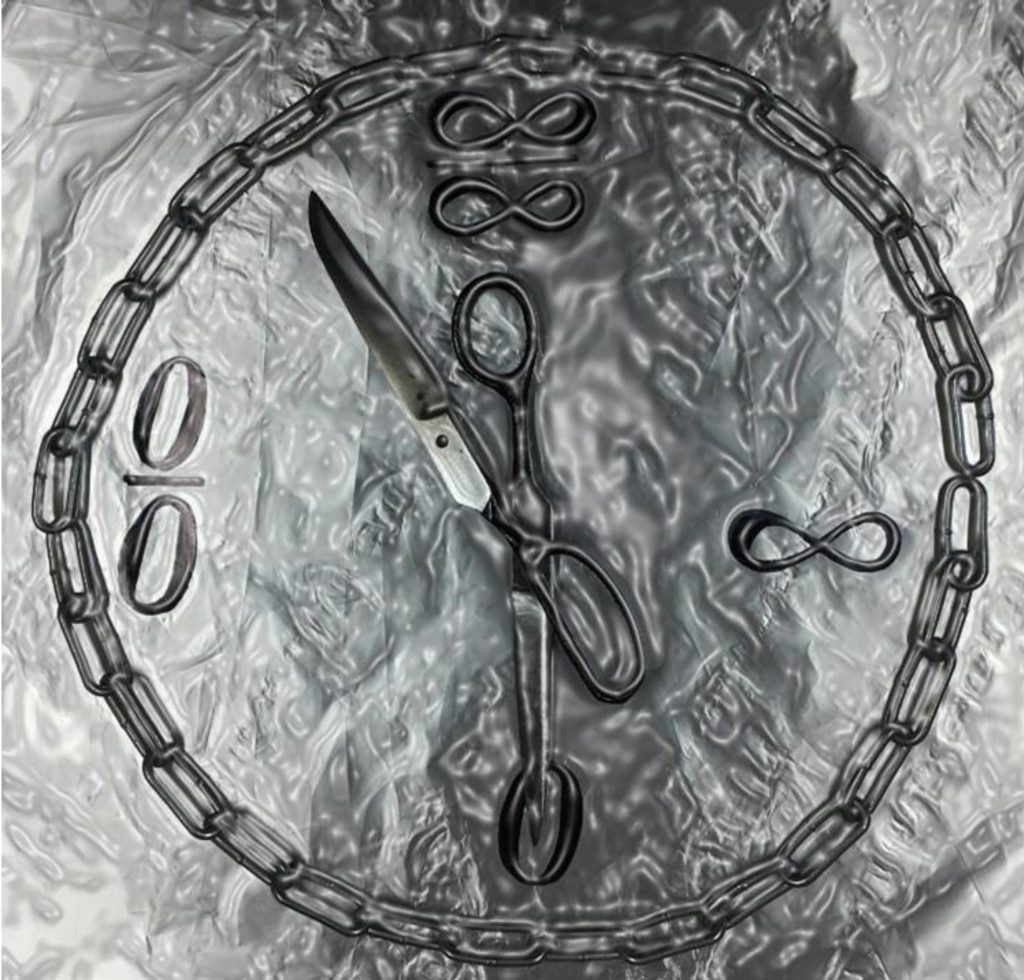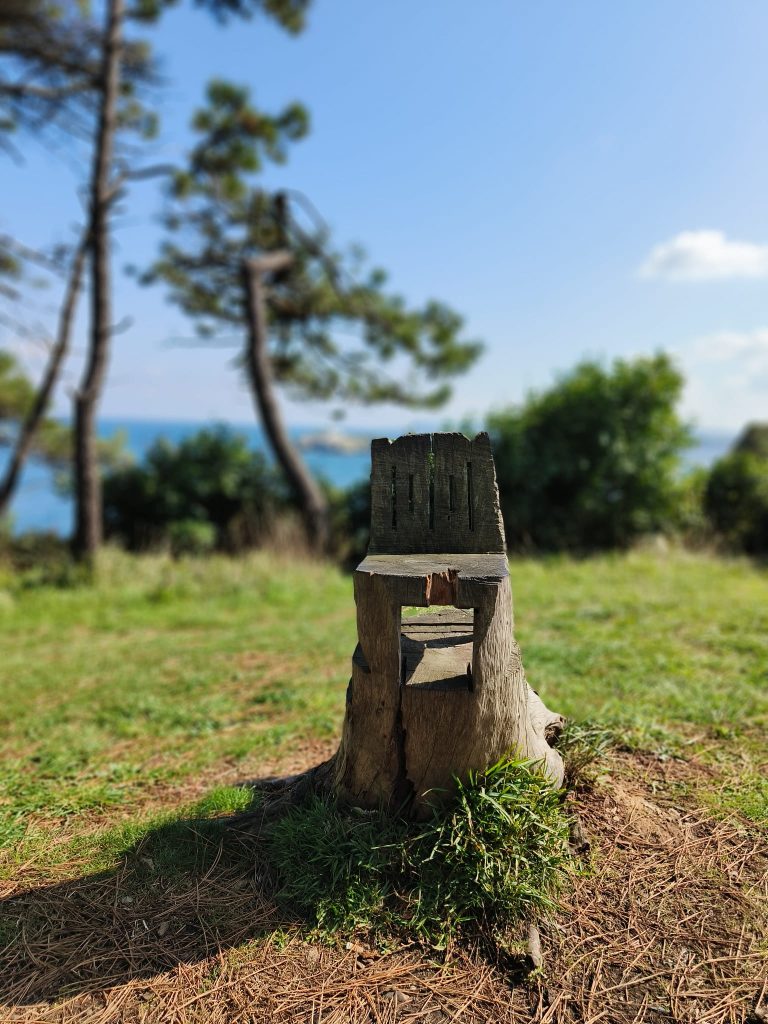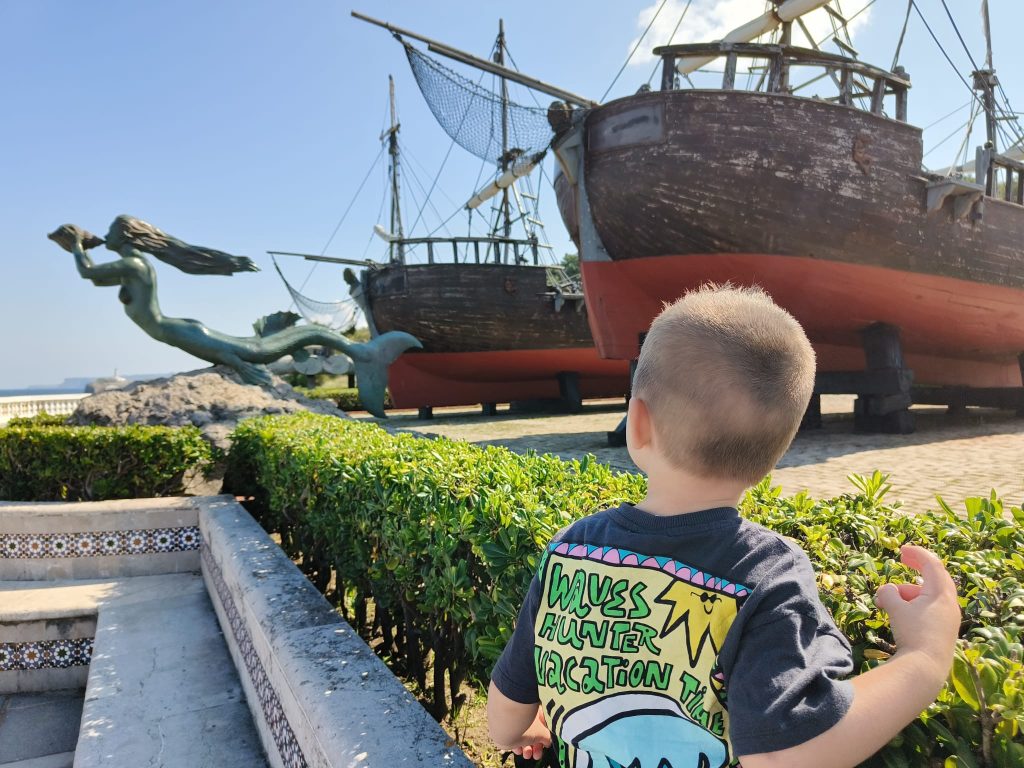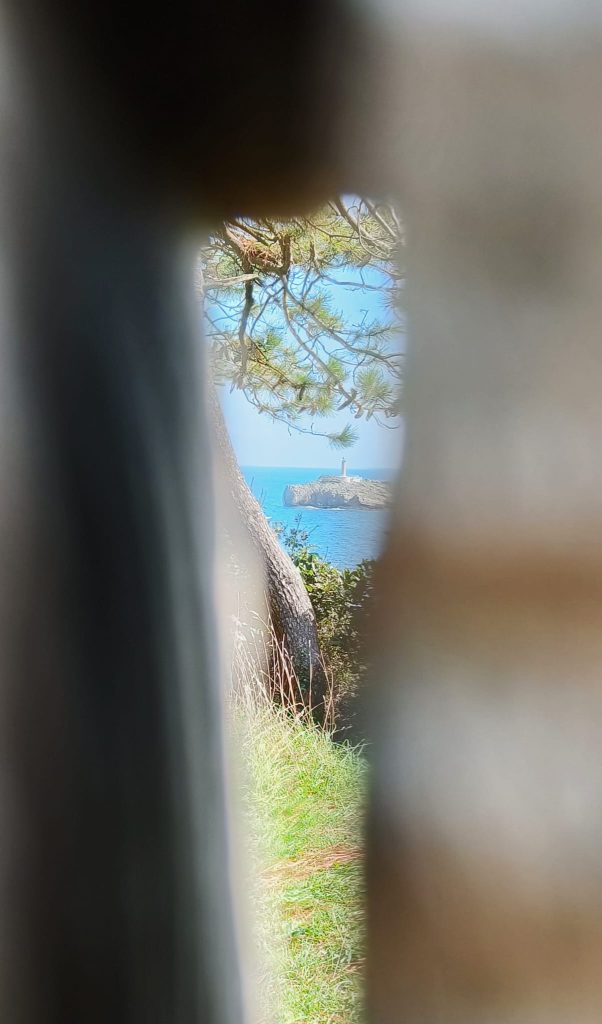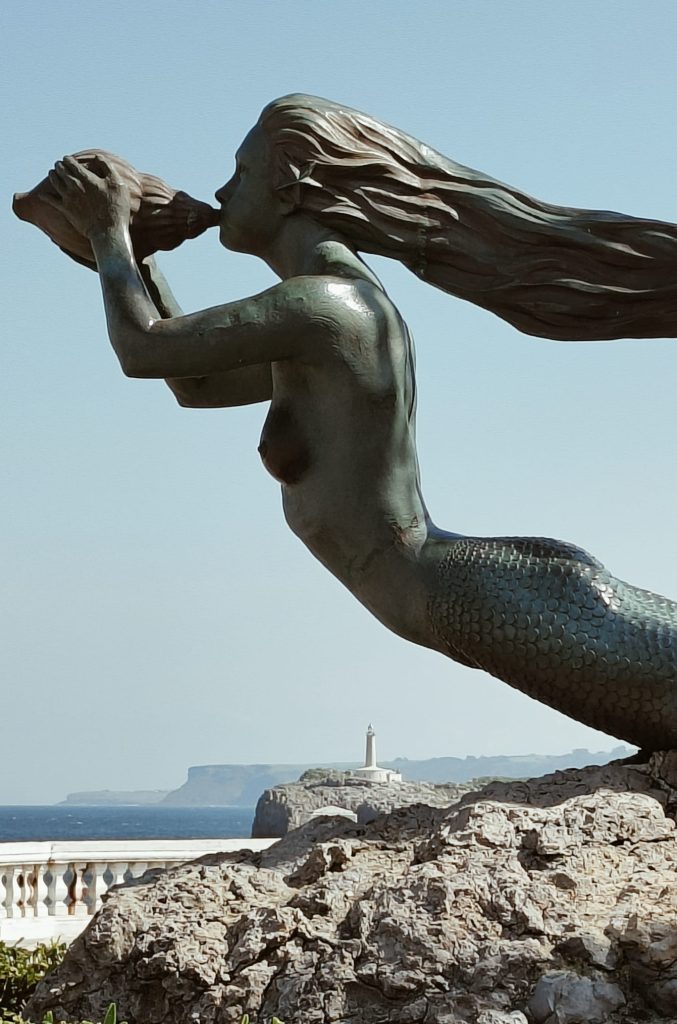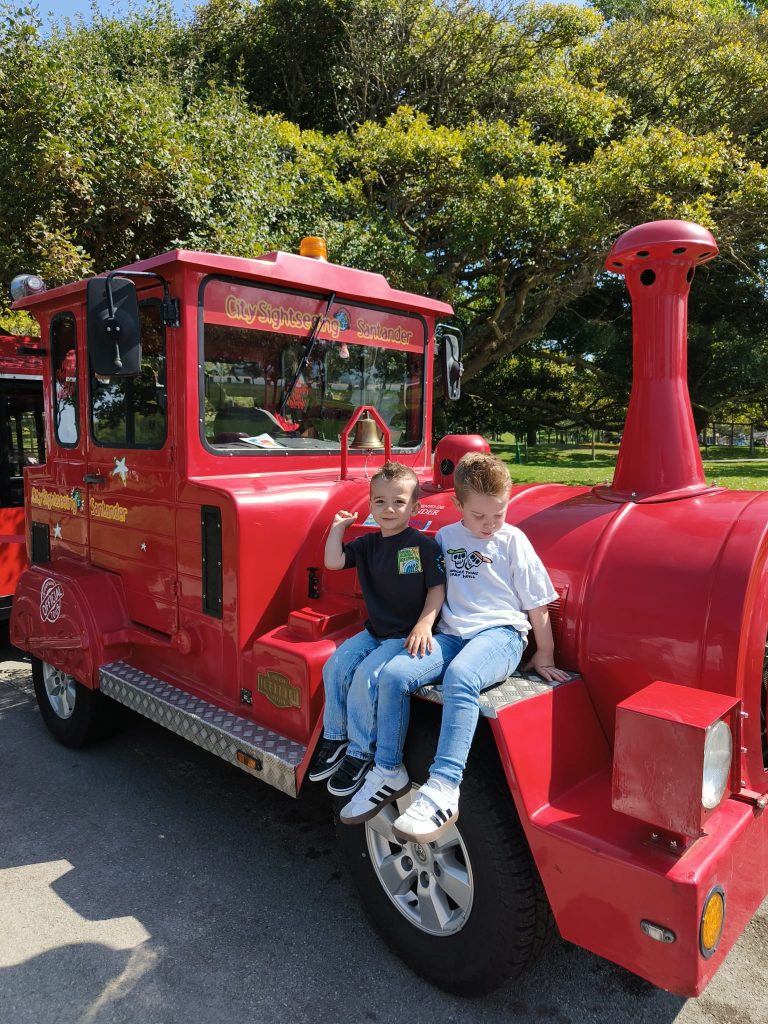Finally Did the Trick
At forty-one
I was nearly cured
Of skyscrapers – September
One year before almost
To the day I laughed
At myself caught
In a revolving door
After lunch beneath
The World Trade Center –
Where I laughed lightly
Turned burned steel and ash
The memory didn’t quite do it
At sixty-two
Though distant and filtered
Through TV news
You’d think the slaughter
At My Lai or Rwanda or Ukraine
Would cure me of any
Remote hope for humanity
The tragic inertia deadly
Incompetence and cowardice –
The demolished little bodies
At Sandy Hook and Uvalde
Finally did the trick
Silence
For those sages
Lao or Chuang Tzu
(Maybe even Siddhartha)
Silence came naturally
Nirvana turned slowly
Silence now requires
The unattainable –
Far too much patience
To be at all effective
To have any impact
Upon our lives
Our intricate elaborately
Constructed karma
The well-intentioned
Vows of silence
Of monks and nuns
In serene monasteries
Seem quaint but futile
Solutions to the clamor
Of a peevish throng
And I am thinking
Anymore silence
Is rather irresponsible
A reckless wu-wei
An obsequious inaction
All spins too swiftly
Suffering too pervasive
Comes hard and fast
Though priceless
We’ve run out of time
For mute circumspection
To adequately flourish
Despite Khrushchev
When we were two
October 1962
JFK on the TV
Moms and dads around us
Must have made love
Despite Khrushchev Castro
And missiles – in beds
Whispering and wondering
Designing elaborate bomb
Shelters in their heads
In our first year that
Sizzling upstairs apartment
We made love never
Getting enough of the other
On our mattress lugged
Into the front room for AC
We gaped at our tiny TV
A man despite his shopping
Bags stopping the tanks
Stopping the party
In Tiananmen Square
When the towers fell
NYC ash in our TV now
Annihilation not so distant
We went to work to school
And made love tenderly
Tended our kids despite
Daycare lawncare taxes
Mortgage utilities insurance –
No time for terrorists
Lurking beneath our bed
Eventual empty nesters
Ukraine and tanks again
Bombs blood despair
Just another despot
Still we fret over the TV
Wish we were young enough to
Join an International Brigade
Still safe in our bed
Whispering and wondering
We make love despite
Our aches and pains.
Lucky Window Table
On the morning of
Ukraine’s invasion
Before cluster bombs
Aromas of burned
Tanks schools hospitals
Russian soldiers
Bewildered boys yet
To warm to brutality
Grandmas and grandpas
Wielding Kalashnikovs
Yet defiant in donning
Yellow and blue and blood
Women children babies
Pressed into trains
Crying screaming dying
Over unwonted catastrophe
We brunch in Oberlin
We snag a lucky
Window table
But we are distracted
Anxious watching waiters’
Enormous round trays
Feasts flying overhead
Or plates queued up
On lavish sleeves
Maneuver around patrons
Through two narrow doors
Up steep precarious stairs
We forebode – worry over
Impending tragedy
Spills and broken dishes
Any other day
Our silly apprehension
Would be amusing
No Quaint Choo Choo
No quaint choo choo
This train isn’t that
“Little Engine That Could”
This train keeps coming
Coming and coming
Pushing and shoving
And in its insistence
There is nothing else
But power steel gears
Huffing grunting roaring
A sadist thrusting
Through field forest town
Renting our sleep
Deep in the night
The deer know its death
Know to avoid its path
Know its inevitability
But Gary steps in front
Of this train anyway
His despair a long time
Coming and coming
He thought, “I think
I can I think I can”
Relying upon momentum
To accomplish his oblivion
What a shame – what a mess!
The horrific image takes
A toll on the engineer
Despair comes for him
Keeps coming and coming
After three the tragedy
A routine – his heart
Must lean upon indifference
Who has the honor of scooping
Up Gary’s little pieces?
Who has the privilege
Of calling upon his wife?
What will his children do
With this stark obituary?
Was there any good in this?
Was a bone – a small morsel
Of flesh left – Gary a repast
For crawling scavengers?
David Sapp, writer, artist, and professor, lives along the southern shore of Lake Erie in North America. A Pushcart nominee, he was awarded Ohio Arts Council Individual Excellence Grants for poetry and the visual arts. His poetry and prose appear widely in the United States, Canada, and the United Kingdom. His publications include articles in the Journal of Creative Behavior, chapbooks Close to Home and Two Buddha, a novel Flying Over Erie, and a book of poems and drawingstitled Drawing Nirvana.


